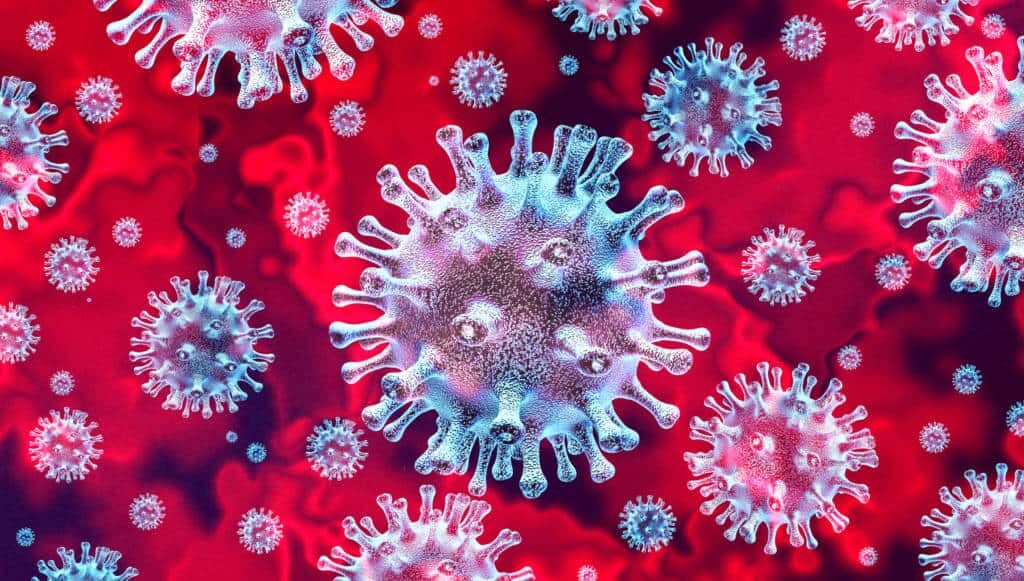Right now, as we go to press in mid-April 2020, there is a huge controversy brewing over the use of a malaria drug called hydroxychloroquine, which many claim may successfully prevent or treat COVID-19.
Sadly, this controversy has already morphed into a politically charged minefield, with the Reds and the Blues lining up (predictably) on different sides of the controversy.
That’s too bad. Because the arguments, both for and against the drug, deserve a legitimate and unbiased discussion, away from politics. Furthermore, the two sides are making reasonable arguments that apply to a lot more than just hydroxychloroquine.
Let me explain.
No one on either side of the controversy disputes that hydroxychloroquine is safe, nor that it is an effective medicine for malaria and lupus. Indeed, there are some small studies and some anecdotal evidence that it may significantly reduce the symptoms of COVID-19.
Now anecdotal evidence—such as folks appearing on national television claiming the drug saved their lives—is hard to ignore, but in the end it’s still anecdotal evidence, meaning it’s on the same level of scientific respectability as “my friend tried this stuff and lost weight on it.”
Recently, the director of the CDC said that the CDC is currently not taking a stand on hydroxychloroquine. “We just don’t have the data yet,” he said on CNN.
By data, he means real, hard, scientific data—randomized, double-blind clinical trials published in peer-review journals.
And he’s right—that kind of hard data just doesn’t exist yet.
So what’s the controversy?
The controversy is over whether to use the drug anyway, in the absence of the kind of data that scientists consider reliable—carefully controlled, rigorously conducted studies.
Those who advocate for using the drug say that we don’t have time to wait years for the kinds of studies science would “accept.” And anyway, observations and clinical judgement often—if not always—precede hard data.
Should I ask my doc for hydroxychloroquine?
This article is not an argument for or against the use of hydroxychloroquine.
It is, however, an argument against hypocrisy.
Sadly, many of the same people who now argue passionately for the use of hydroxychloroquine—arguing that it’s safe and has a good chance of working—are the very same people who reject that same logic when applied to vitamin C and other natural treatments.
Free speech when it comes to health information?
I can tell you—off the record—that all over America, supplement companies are furiously dashing off internal memos warning their people to not even mention products like elderberry syrup, vitamin D or vitamin C in conjunction with the coronavirus. The companies are wildly fearful that the FDA will come down hard on them for making medical claims if they even imply that these safe supplements might be worth a try in the face of the coronavirus challenge.
In fact, many of the same docs who are now saying that based on clinical experience and judgement, hydroxychloroquine is worth a try, would respond very differently if you—the patient—suggested a trial of nutritional supplements. “There’s no hard data that they work on the virus,” they would say.
Of course, they’re right. There’s no accepted science showing that anything has a curative or preventative effect on this virus. We’re all just making educated guesses here! As one pundit quipped, “It’s like trying to fix an airplane while you’re flying it!”
Those who say we should be trying hydroxychloroquine—even in the absence of perfect science—are basically making the very reasonable argument that anecdotal evidence, clinical experience and professional judgement matter. And with that, I agree.
But why not apply the same standard to vitamin C?
We need the scientific method! We also need intuition!
This is not an argument against science. We desperately need the scientific method as a way to compensate for bias and human error, and hard scientific data has to be running in the background of even our most intuitive judgements.
But there is still a place in medicine and health care for intuition, educated guesses, and clinical judgement—such as the judgment to use a vitamin cocktail or an unproven drug when there’s suggestive evidence that either of these might well work. And let’s keep in mind: We don’t have any better alternatives!
While there aren’t definitive studies showing that vitamin D, C, N-acetyl-cysteine, zinc, elderberry extract, olive leaf extract, selenium and probiotics can fight off or cure COVID-19, we have an awful lot of evidence that each one supports some aspect of immunity, and it makes sense on an intuitive level that the combo would make an effective shield, at least reducing the risk of getting really sick if you do get the virus.
And…every one of those supplements is safe.
Isn’t this essentially the exact same argument that the hydroxychloroquine folks are making?
The argument for hydroxychloroquine and the argument for vitamin C both rest on one basic premise: clinical judgment and experience matter, and are deserving of respect.
But that respect should be given not just to doctors advocating for trials of safe pharmaceutical medicines like hydroxychloroquine.
It should be given to those advocating for trials of safe natural medicines as well.
For more of Dr. Jonny Bowden on the Coronavirus, Supplements and Immunity, visit and subscribe to his YouTube channel.
Note: The views and opinions expressed here are those of the author(s) and contributor(s) and do not necessarily reflect those of the publisher and editors of WholeFoods Magazine.










